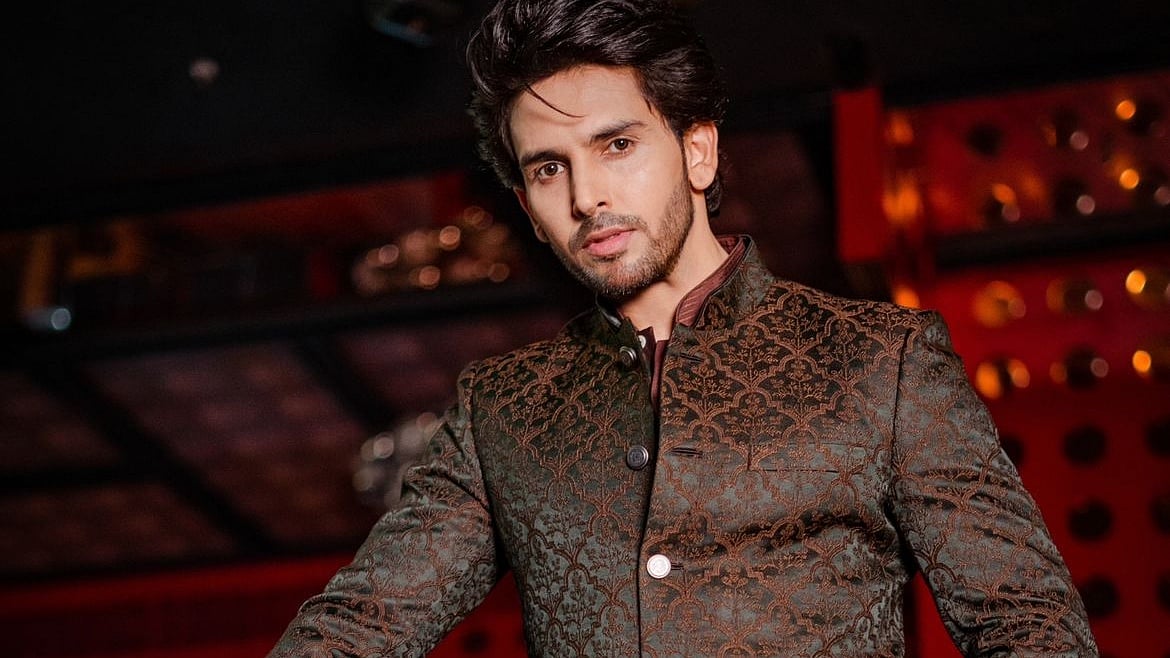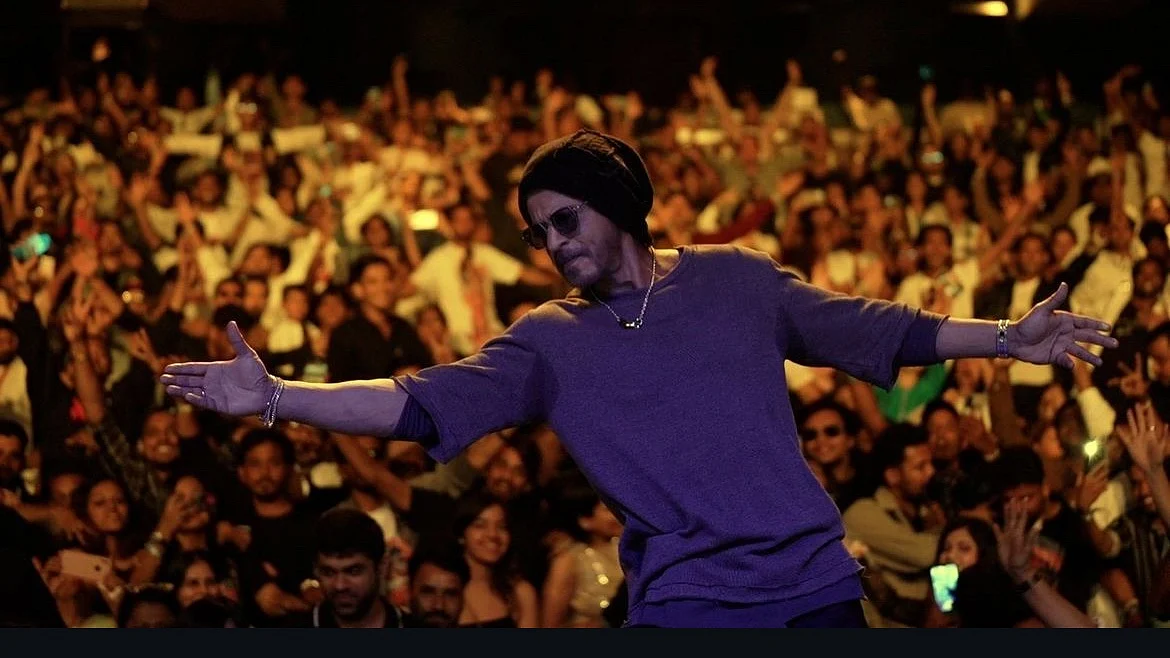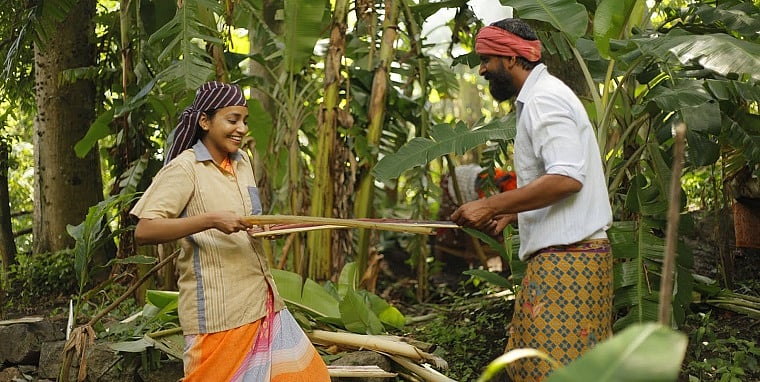On Day 7 of the 51st edition of International Film Festival of India (IFFI), the festival paid homage and recognised the incredible contribution of late Irrfan Khan by showcasing his iconic film Paan Singh Tomar. The late actor’s wife, Sutapa Sikdar, and son, Babil Khan, attended the screening. The film, produced by Ronnie Screwvala and written and directed by Tigmanshu Dhulia, achieved universal critical acclaim.
The protagonist, Paan Singh Tomar, an Indian Army soldier and a sportsman who represented India at the 1958 Asian Games in Tokyo, turns to a life of violence when his family is denied justice in a land feud at his native village in Bhindosa, modern-day Morena district of Madhya Pradesh. He became one of the most notorious dacoits in the area and was killed during a police encounter. The writer-director first learned about the protagonist while he was working as an assistant director for the film 'Bandit Queen' in the Chambal region.
The film won several awards including the 60th National Film Awards for Best Feature Film and Best Actor (Irrfan Khan), and many more accolades at various award shows.
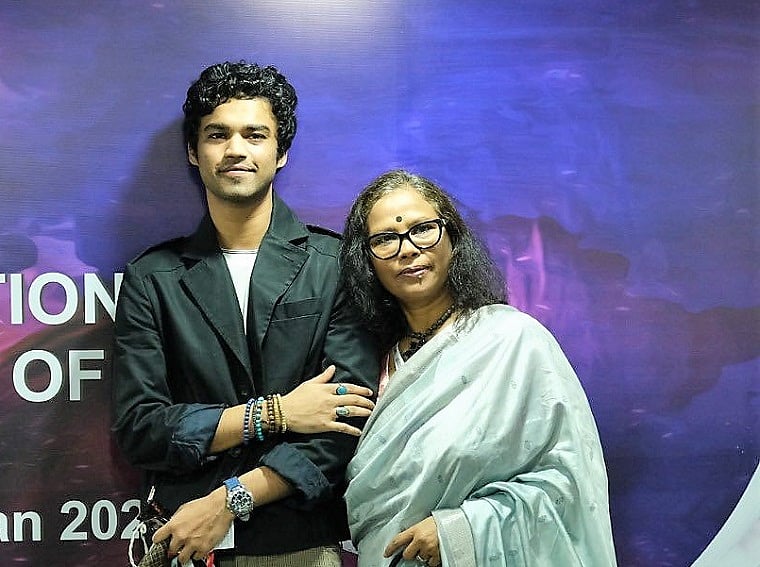
Sutapa Sikdar and Babil Khan |
Irrfan Khan’s performance as the athlete-turned-bandit in the film is considered one of his best performances that brought to life the story of a forgotten hero. Mahie Gill played the role of Tomar’s wife in the film.
Director’s vision
At a session on ‘Production Design — A World Building for Films’ at the first-ever hybrid edition of the International Film Festival of India 2021, Film and Television Institute of India (FTII) Professor Ujjwal Gawad, Professor shared his insights into the production design, the visual art and craft of cinematic storytelling.
He stressed upon the importance of script. “For every production designer, the script of the film is the bible, Production designer gets his leads from script only and the main reference is the script.” Prof Ujjwal said that production design is a narrative tool. “It has the ability to create a world where narrative and action take place. It brings more interest and more authenticity to a set. It leads our imagination and draws us into a world, which includes architecture, colour, space, shape, texture, visual metaphors and visualisation of screenplay” and went on to explain these tools with clips from the movie The Shape of Water.
The OTT invasion
The virtual ‘In Conversation’ session tackled ‘Future of Cinema in India: Opportunities and Challenges’, moderated by film producer Siddharth Roy Kapur. The session furthered the ongoing debate of the mushrooming of OTT platforms and the viability and relevance of traditional mediums of film screening. COO of Viacom 18 Studios Ajit Andhare said, “We’re witnessing a renaissance in terms of story-telling on OTT platforms. The proportion of revenue contribution from single screens has gone down with presence of more OTT content for home consumption. OTT subscriptions are going through the roof.”
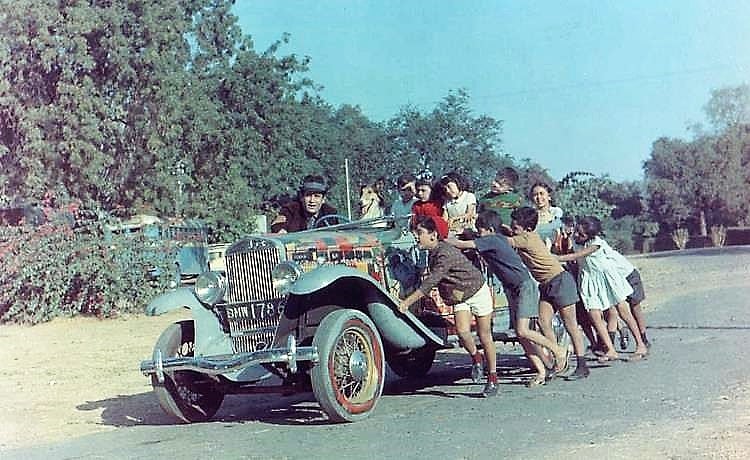
A still from the 1968 film Brahmachari |
Film distributor Akshaye Rathi opined that “OTT cannot match the aura of the big screen.” Chief Business Officer, Zee Studios Shariq Patel spoke of how OTT is an attractive proposition for producers as “every film is a success in OTT.”
Notable films
Among the movies that were screened was Namo, that tells the story of the character Kuchela, better known as Sudama. “Most of the stories we have heard about Kuchela portray him as poor, if you examine mythological texts, he was scholarly and knowledgeable,” says Director Vijeesh Mani whose movie Netaji, made in Irula tribal language, was screened in the Indian Panorama section of IFFI 2020.
Part of the screening line-up was the 1968 film Brahmachari. Also screened was Only Human, which staged 6 profiles in 6 sequences cleverly interwoven. A dramatic story featuring desperate characters in their quest for survival and love, or redemption. The film’s director, Igor Ivanov, is an award-winning director from Skopje with a growing international reputation.


